Astronomer who controversially missed out on Nobel wins $3 million physics award
Science
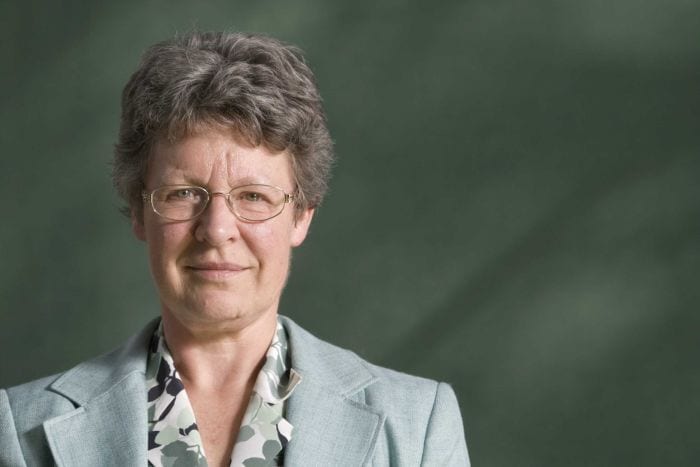
What even is a pulsar?
You know that angry and disgusted feeling when you watch a member of your group take credit for something you did during the presentation? Imagine that feeling except instead of missing out on extra credit, you missed out on the Nobel Prize. Well, that’s exactly what happened to Jocelyn Bell Burnell, who was responsible for discovering the first pulsar.
A pulsar is a rapidly rotating neutron star that has basically changed humanity’s view of the universe in which we live. Burnell was just a postgraduate student at the University of Cambridge when she made the historical discovery, approximately 50 years ago. Since then, astronomers have found over 2,600 pulsars left behind after a normal star has exploded, and used this information to help determine the structure of our galaxy.
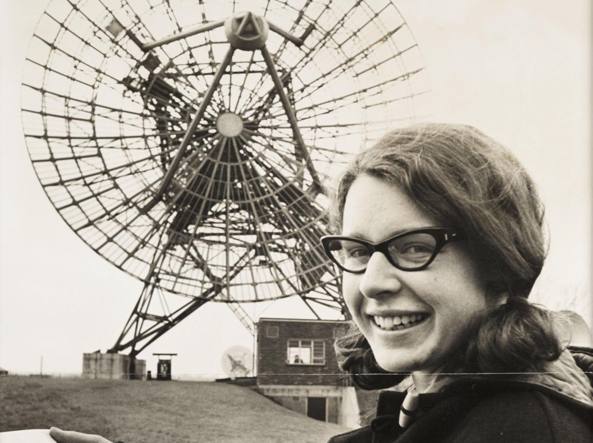
No credit for Burnell in the Nobel Prize
Corriere
The discovery earned a Nobel Prize in 1974 for physics, but was wrongly awarded to Burnell’s supervisor, Antony Hewish and astronomer, Martin Ryle. The decsion on who recieved the prize never settled well within the science community, as it should not, but Burnell took the news with grace as women were expected to do during that time.
Burnell’s belated commendation
Physics World
Dr. Burnell is now receiving commendation for her groundbreaking discovery five decades ago from Breakthrough Prizes. The prize is only in its seventh year, and is sponsered by Facebook founder Mark Zuckerberg and Russian billionaire Yuri Milner. Breakthrough announced that Burnell will be granted the prize in Fundamental Physics along with $3 million in prize money.
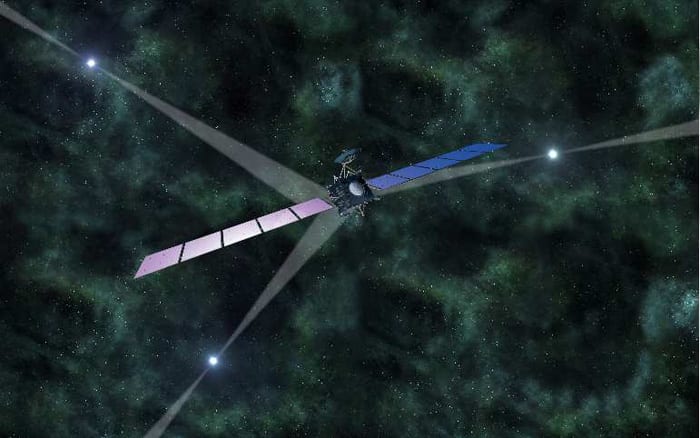
Burnell isn’t keeping the money
Physics World
Burnell has decided to use the $3 million as a scholarship fund for woman and minorities in science. The scientist said that she was “totallly speechless” when she heard the news of the award. “I didn’t expect it, it was no where on my radar.” She didn’t hold too many grudges about missing out on the Nobel Prize, since her discovery has been recognized by various other organizations over the years.
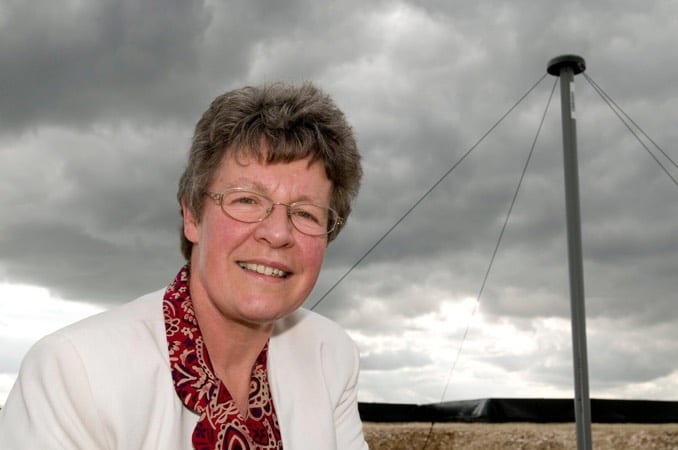
Burnell’s story highlights the lack of female Nobel Laureates
Astronomy Now
Women still remain discouragingly underrepresented in the science community. A woman has not won a Nobel Prize since 2015, and in total, only 49 women have received the prize, in comparison to 847 men. Hopefully, the Breakthrough Prize will inspire other female scientists that they are just as capable and deserving as the men. Burnell believes that she has done “rather well” after not receiving credit 50 years ago, and she’s right; I don’t see Hewish or Ryle with $3 million in their pockets.
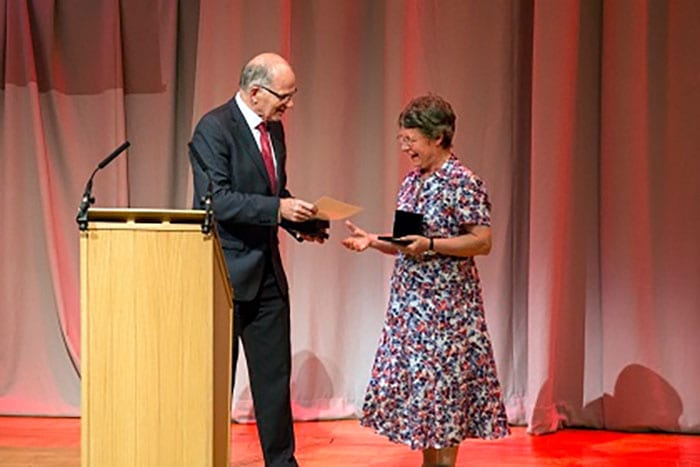
Physics World